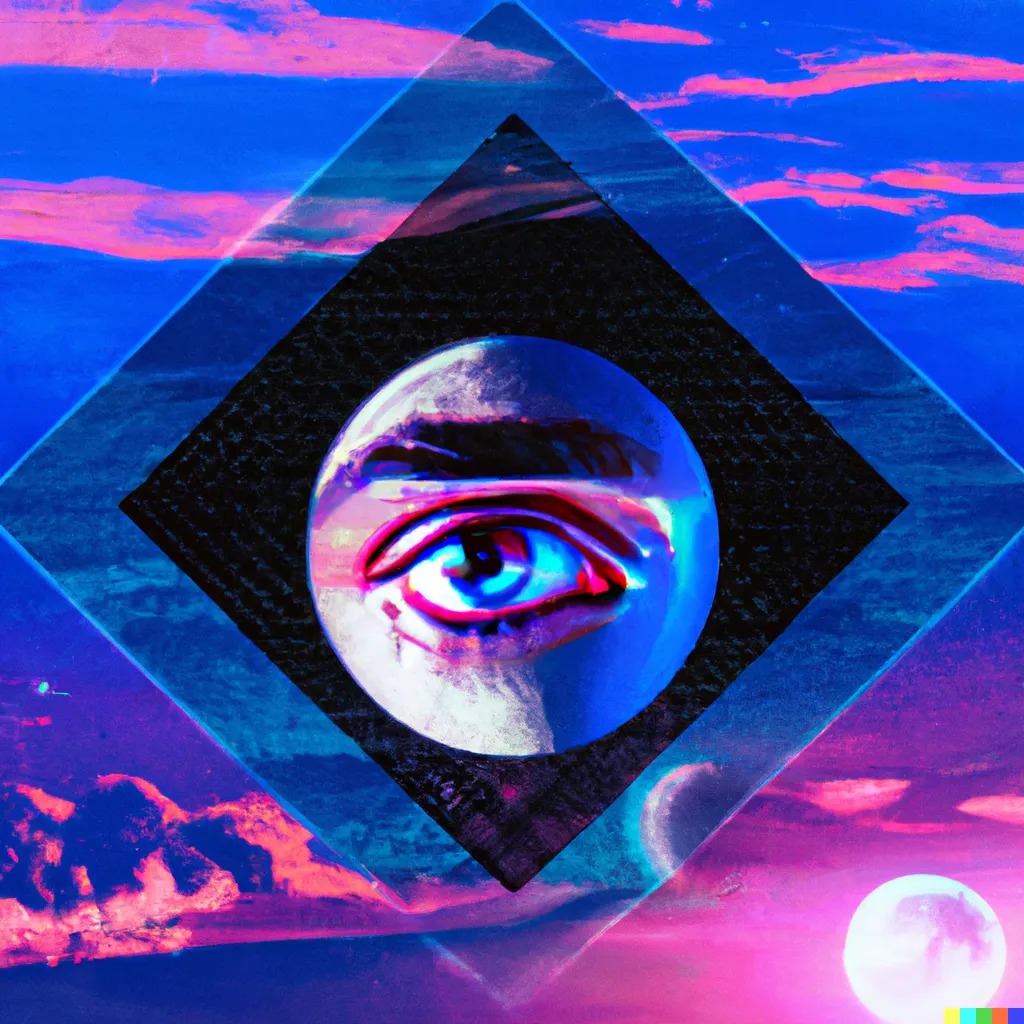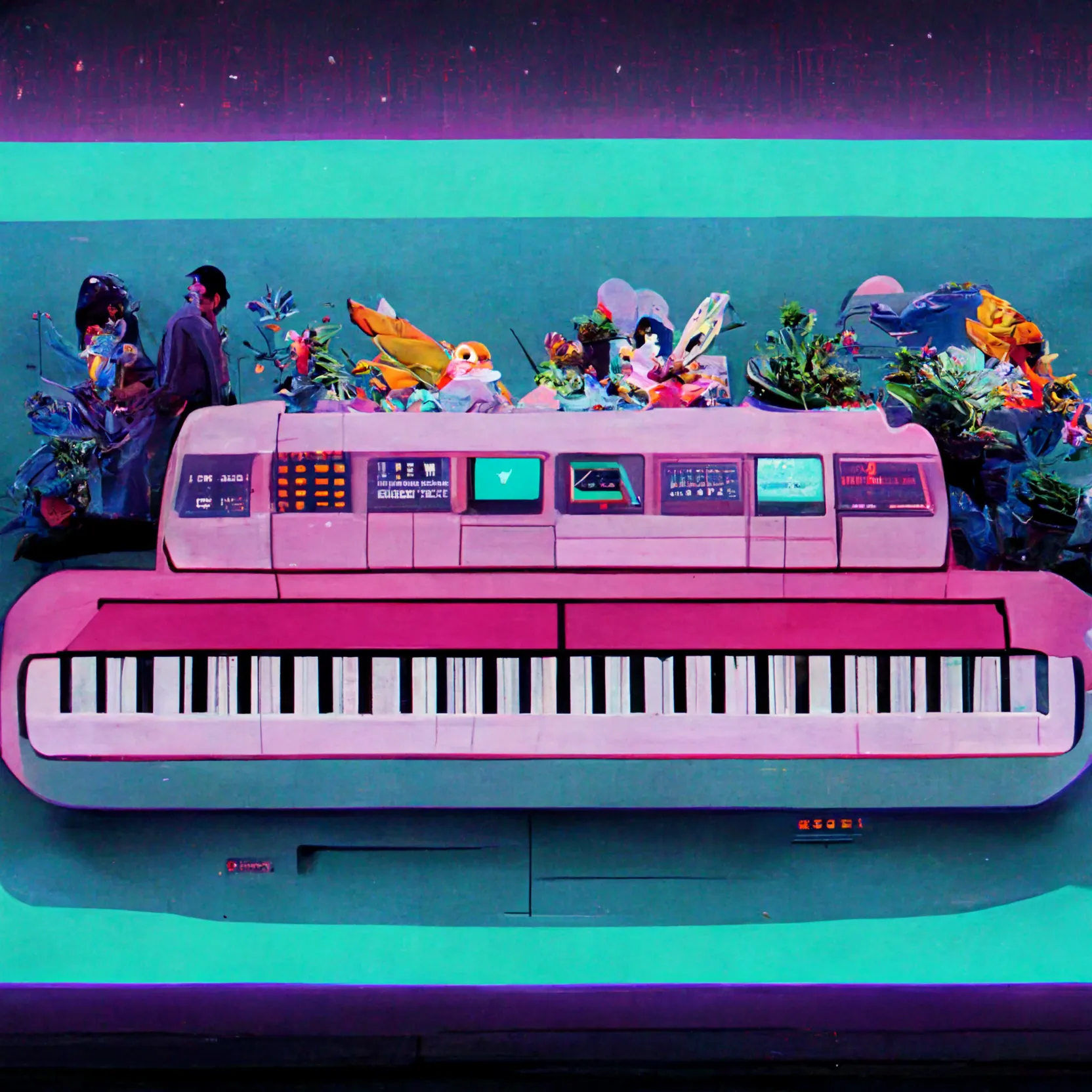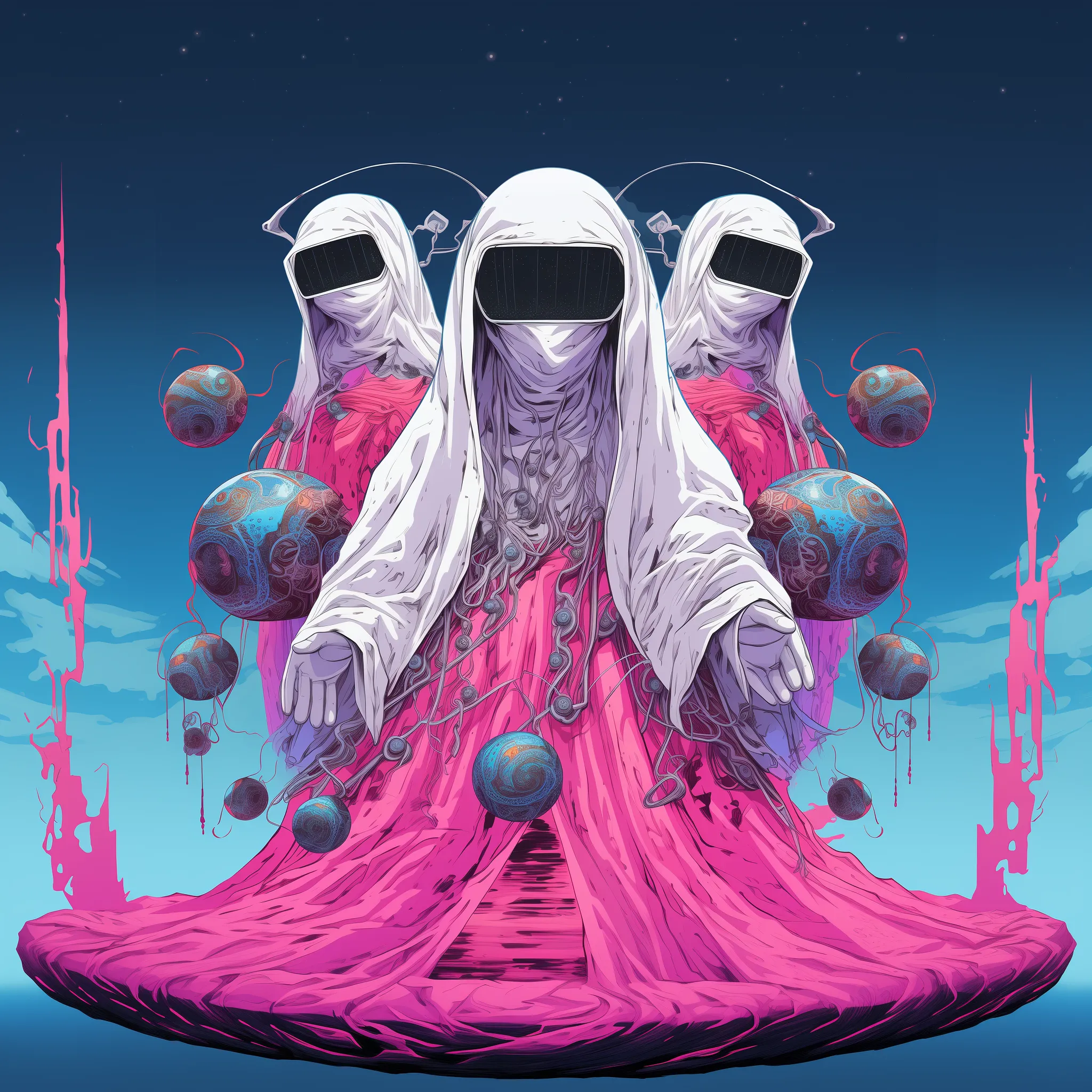For my last few projects, I've been slowly figuring out that having a larger concept in mind for the work is helpful to my creative process. Having a 'big picture' concept in mind makes it easier to be instinctive about my decision-making throughout the project. I imagine that many musicians use lyrics to help guide their decisions for the mood and tone of their music. I've always been more interested in instrumental music and found that going without lyrical content, having a conceptual anchor point to return to when I'm not sure what to do next gives me a clear pathway forward.
Juggling too Many Tracks
For my next project, I wanted to retool my process a bit and hone in on a concept that would give me a bit more mobility in releasing smaller, more self-contained parts of a larger, big-picture concept album. After finishing Hexadecimal, I learned that jumping between 16 different tracks felt like I was juggling too much simultaneously. There were points during production where it felt like I wasn't accomplishing very much. Progress felt very slow at times because my routine eventually became putting short bursts of time into one track before moving on to the next. And doing this with 16 tracks at the same time meant that sometimes it felt like weeks were going by without hearing meaningful progress on any singular track. On top of that, when I'd have a breakthrough on any one track it would feel like the bar had been raised for the others. There was a nagging sensation that some tracks were falling behind while others were easier to work on.
Eventually, this feeling subsided somewhat as more tracks reached completion for a given stage (composition, sound design and mixing). Some tracks fell into place more naturally than others, and this meant that the tracks that were more challenging eventually got more individual attention during each phase.
When I was brainstorming the next project, I was conceptualizing a workflow that was more manageable and required less juggling on my part. During January 2024, I created a demo track every day for a month and accomplishing this gave me a lot more confidence during the conceptualization stage. With just a little practice, it became fairly easy to tap into a mood or vibe that I wanted to go for that day. The demo tracks would often at least got close to the energy level and mood that I wanted to go for. The process of sketching out new ideas became easier and more fluid. However, coming up with that many demos in a month led to a similar issue that I had just encountered on Hexadecimal. If the goal was to develop 31 demos into tracks, I'd be overwhelmed and juggling too much. Even if I only continued working on the half of the demos that I was happy with, this felt like too much to juggle.
EPs Before LPs
The first thing that I decided was that I wanted to change the way I had been working to focus on smaller projects that I can release more regularly. High Biscus and Hexadecimal were released about a year apart and were 9 and 16 tracks respectively. Considering the 31 demos I put together only a month after Hexadecimal was released, it felt like I had lost the script somewhat. Perhaps loading up with too big a workload at once was inhibiting how much I could actually get done. Maybe half the work was in all the juggling and gear switching to accommodate working on that many tracks at once.
So with this in mind, I decided that the course of action I wanted to follow was to work toward the complete LP project by developing a series of smaller 3-track EPs.
Why Tarot Cards?
I've long found Tarot Cards and esoterica at large genuinely interesting. Tarot Cards specifically give a lot of conceptual specificity to their meaning, while still being uniquely interpretive. In a way, they're the perfect candidate to act a prompt for a piece of music because of this. The symbolism of an individual card can act as guidance for the mood and feel of a piece of instrumental music. These interpretations can provide a great amount of detail and specificity as well, the further we dig into the cards' meaning. Further, the cards are meant to encompass so many of the archetypical experiences of human life. Creating a track for each card would mean creating a very wide breadth of feelings, vibes, and genres to adequately portray on the meaning of each card. Being musically adaptive in this way was something I wanted to challenge myself on, as I've always had the goal of creating music in a wide range of mood and genre.
Another interesting element to working with the tarot cards concept is that the cards are often not thought of in an individualistic or solitary way. The cards meant to be interpreted together as a small set in the form of a reading which paints the picture of a larger, more meaningful concept. Working on the larger concept as smaller sets of three cards/tracks ensures that the EP projects will remain small and accomplishable while still providing conceptual direction on an individual and macro scale.








